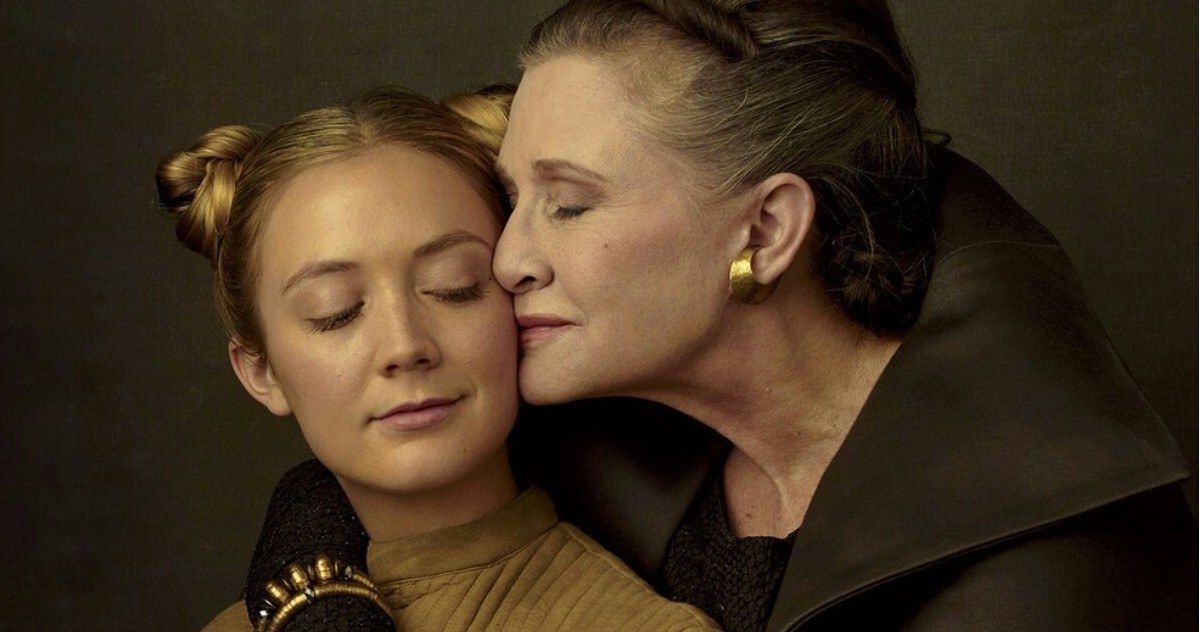The Los Angeles County Medical Examiners Office has officially found that "sleep apnea and other undetermined factors" led to the death of Carrie Fisher. Fisher died on December 27th, 2016 after suffering a massive heart attack on a flight from London to Los Angeles. Fisher was just 60 years old and news of her death shocked the world. Her mother, Debbie Reynolds, passed away three days later after suffering a severe stroke at the age of 84. They were both buried together at Forrest Lawn Memorial Park in Los Angeles.
ABC News reports that the coroner's office listed sleep apnea as the cause of death in addition to atherosclerotic heart disease, which is a hardening of the arteries. And drug use. The report also determined the "manner of death has been ruled undetermined," with the full autopsy report set to be released on Monday. The aforementioned factors may not have been the direct cause of Fisher's death and the statement did not identify which drugs were in her system at the time, but drug use is widely known to make the symptoms of sleep apnea worse.
Fisher's daughter, Billie Lourd issued a statement that is both emotional and straight to the point, highlighting her late mother's open honesty about drug abuse and mental illness. Read Lourd's statement below.
"My mom battled drug addiction and mental illness her entire life. She ultimately died from it. She was purposefully open in all of her work about the social stigmas surrounding these diseases."
Lourd continues to speak about her mother's struggles and she sought others to be open about their personal struggles as well. She explains.
"She talked about the shame that torments people and their families confronted by these diseases. I know my Mom, she'd want her death to encourage people to be open about their struggles. Seek help, fight for government funding for mental health programs. Shame and those social stigmas are the enemies of progress to solutions and ultimately a cure. Love you Momby."
Fisher's openness about her struggles was seen as revolutionary and she helped many people understand that it was ok if there brain chemistry was a little bit off. After her untimely death many took to social media admitting that they had never even heard the term bipolar until Fisher started to publicly talk about her personal struggles. "If you claim something, you can own it, but if you have it as a shameful secret, you're f$#%^&" Fisher told Vanity Fair in 2009. Her transparency and openness was refreshing and helped many to seek out help for themselves or loved ones.
Fisher was more than Princess Leia in Star Wars for too many people to count. Though she wasn't the first artist to turn their personal strife into art, she was one of the first female actresses to openly admit it in a candid, humorous way. Fisher conquered her demons by accepting them. After she had accepted those demons she shared them publicly and never looked back, proving herself to be a light of hope for those who struggled and still struggle with mental illness. Carrie Fisher will next be seen in Star Wars: The Last Jedi, which will serve as her final film role.

